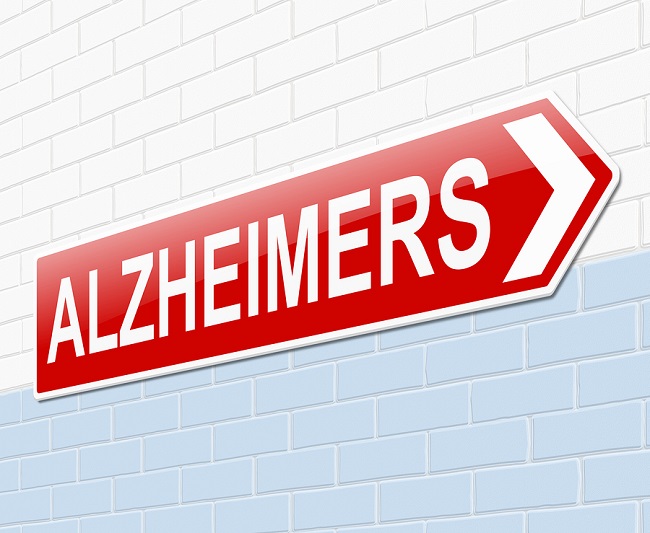- Make It Yourself Lavender Heart-Shaped Bath Bombs!
- 20 Things You Never Knew About “Down There”
- 12 Best Foods For Those Suffering From Arthritis Pain
- 12 Personal Hygiene Mistakes Almost Everyone Makes (Mom Never Told You About #4!)
- 15 Medicinal Plants And Herbs From The Cherokee People
- 12 Mind-Blowing Benefits Of Drinking Coconut Water During Pregnancy
- 12 Outstanding Winter Foods That Won’t Fatten You Up Like A Christmas Turkey
The Power Of This One Spice For Mental Health And So Much More

Photo credit: bigstock.com
One 22-week, randomized, double blind study of saffron focused on those with mild to moderate Alzheimer’s disease. This study, published in 2010, showed that those who consumed 15 mg of a saffron extract twice each day was just as effective as Aricept at 5 mg twice a day. Another study, also published in 2010, looked at a 16 week trial of 15 mgs of saffron consumed twice each day. It, too, was found to be just as effective as Aricept for those with mild to moderate Alzheimer’s disease.
Other potential medicinal properties of this spice that have had positive effects in clinical trials are:
- Low sperm count (asthenozospermia)
- Chemotherapy-induced liver toxicity
- Diabetic neuropathy
- Erectile dysfunction
- Inflammation
- Middle cerebral artery occlusion
- Withdrawal from opiate addiction
- Psoriasis
- Wound healing
- Respiratory diseases
- Multiple sclerosis
- Liver cancer
- High blood pressure
- Irregular menstrual cycles
- Colorectal cancer
- Cardiac hypertrophy
- Anxiety attacks
Of course, as with any herbal products, even ones considered to be as safe like saffron, we urge you to use caution. Using it as a spice to flavor your foods will cause you no harm, but when consumed in larger quantities, especially when mixed with other prescription drugs or even over-the-counter drugs, you can have drug interactions that cause serious harm. Never stop taking your medication without speaking to your doctor, and never begin an herbal supplement program without talking to your doctor or medical herbalist.
SEE ALSO: 22 Top Foods to Help You Sleep Better (No Pills or Alcohol Needed!)
There are numerous measures that you can take to protect your mood and strengthen it without pharmaceutical drugs. Although antidepressants are necessary for some people, always try natural methods first. Ensure you get plenty of vitamin D from the sun, get seven to nine hours of sleep every night, 30 minutes of moderate exercise most days, and eat a healthy diet that includes plenty of omega-3 fatty acids like the type found in fatty fish, chia seeds, and flax seeds.
References:
































